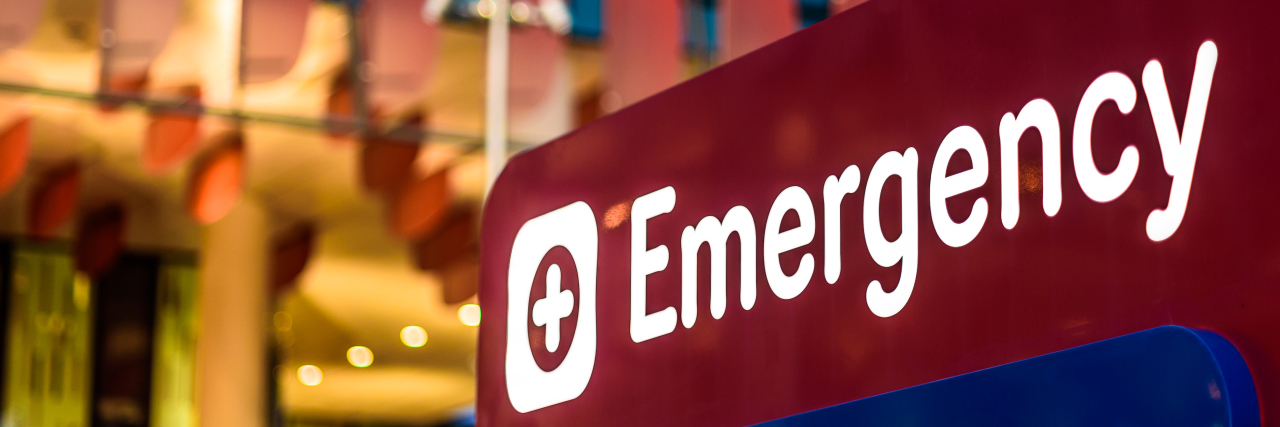The emergency room is an interesting place, and as a person with multiple rare diseases, I try to avoid it at all costs.
Folks who have a rare disease often struggle to find good medical care from the specialists they see (who still may only have limited experience with their condition). Like any other profession, they are most seasoned in helping with the issues they see most often. Unfortunately for those of us with rare disease, this leaves us feeling hopeless and in pain.
If the specialists can barely help us, how in the world will an ER doctor?
That’s the issue.
Many people with rare diseases, including myself, find ourselves educating our medical providers on our conditions. The thing is, I’m not a doctor.
I’ve spent countless hours on databases researching my rare diseases, but I did not go to medical school. I do not have experience with drug interactions. I can’t identify nerves that may be affected, and I certainly have no idea how to tell if my spleen is enlarged. Medical providers exist for a reason, but unfortunately for people with rare diseases, they aren’t always helpful.
Recently I had severe abdominal pain. My doctor ordered a CT scan with contrast. I got to the radiology department and drank the contrast. As I was waiting for the hour before the scan, I got a splitting headache. I managed to get myself to the receptionist’s desk, and she called for a nurse. I told her my symptoms, and that it reminds me of my headaches from my idiopathic intracranial hypertension. She got a physician, who then said, “Why didn’t you tell us you had IIH? You aren’t supposed to have this contrast! You should know this!”
Excuse me? My entire medical record is in your possession. How did this responsibility fall on me, the patient? I should be able to trust the people caring for my physical health.
Beyond the fact that it is assumed that rare diseases are too uncommon to screen for, many medical professionals have not even heard of most rare diseases. When I go to the ER, I find myself having to educate the providers so they give me the best care. This leaves everyone frustrated.
Unfortunately, people with rare diseases may find themselves in need of emergent care more often than folks without them. So what then? This is what has worked for me:
- I tell the triage nurse right away the names of my rare diseases
- I inform them of my intentions for coming to the ER
- I bring a binder with the hard copies of my medical records, including CDs from radiology, even if the majority of my care has been at their hospital
- If I know something isn’t going to work or be helpful, I speak up
- I tell providers what has been helpful in the past
As people with rare diseases, we are the experts of how our bodies experience life. Many of us have also researched medical journals on our conditions. We have some degree of knowledge of what is going on in our bodies. Though this mentality can be seen in a negative way, my health is at stake.
I must advocate for myself, even if it does make professionals uncomfortable.
When left with no other options, the ER may be the only option. Being prepared may unfortunately be the only way to get the necessary care as a person with a rare disease.

